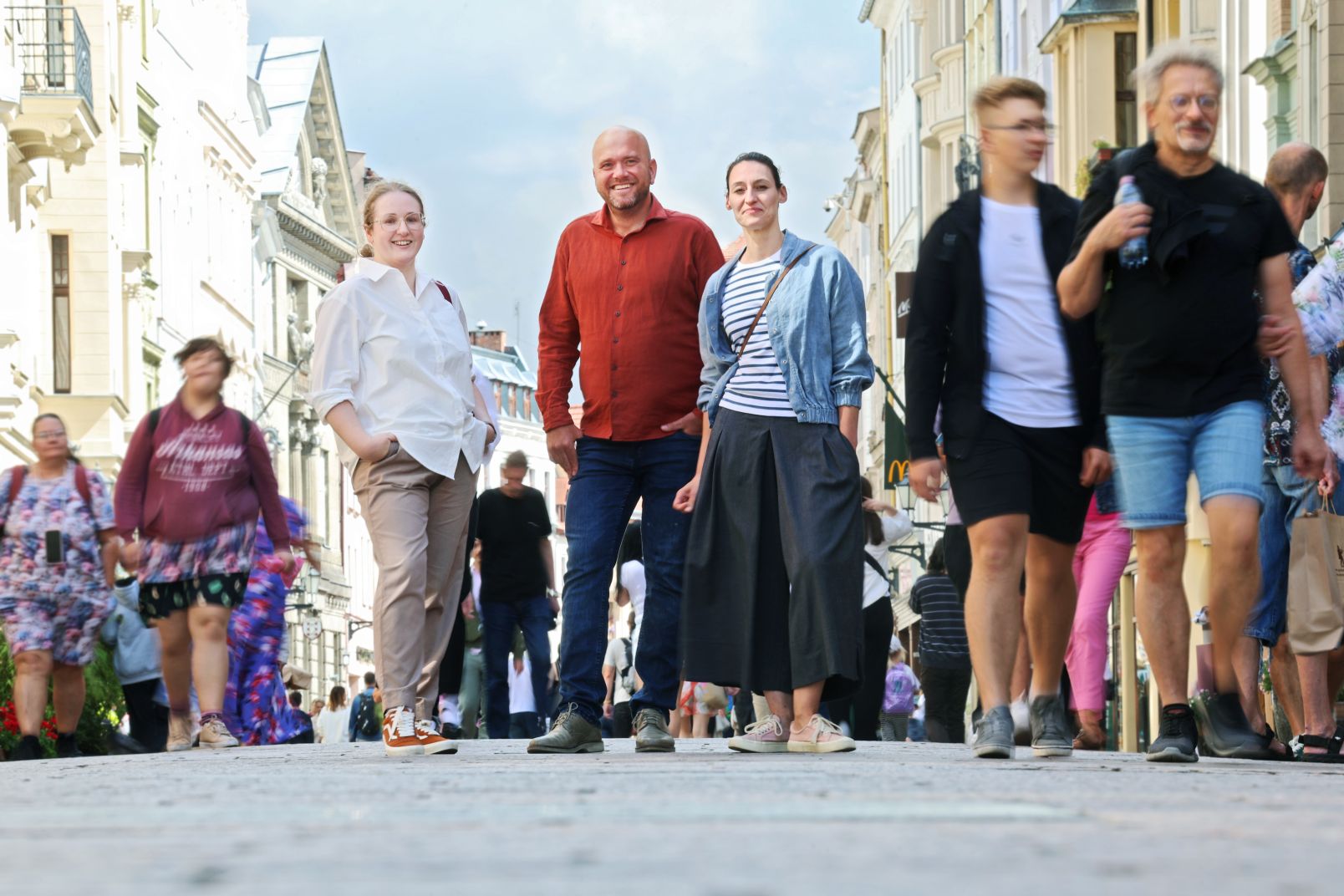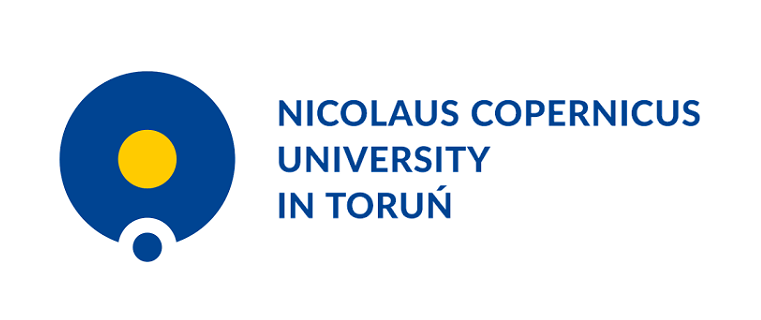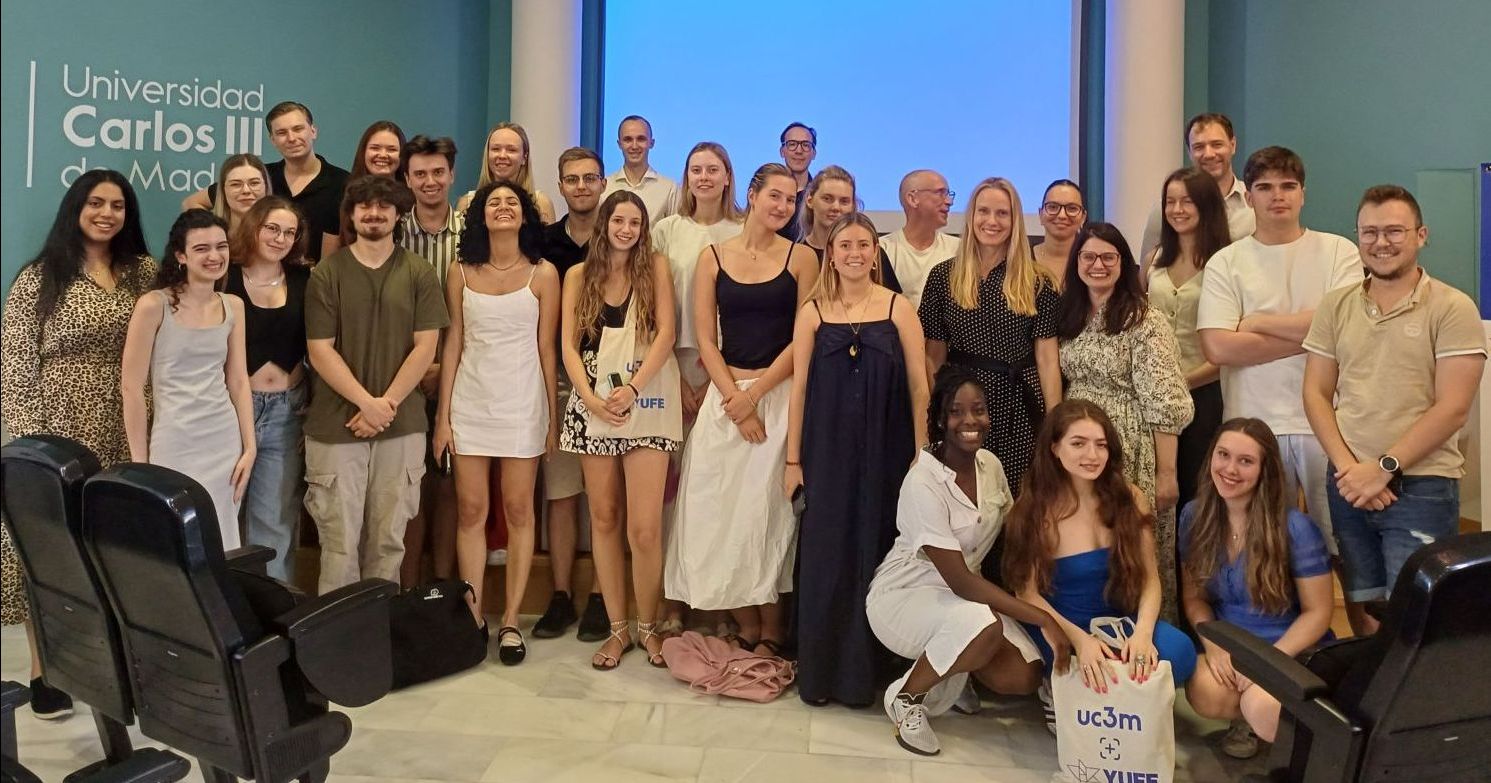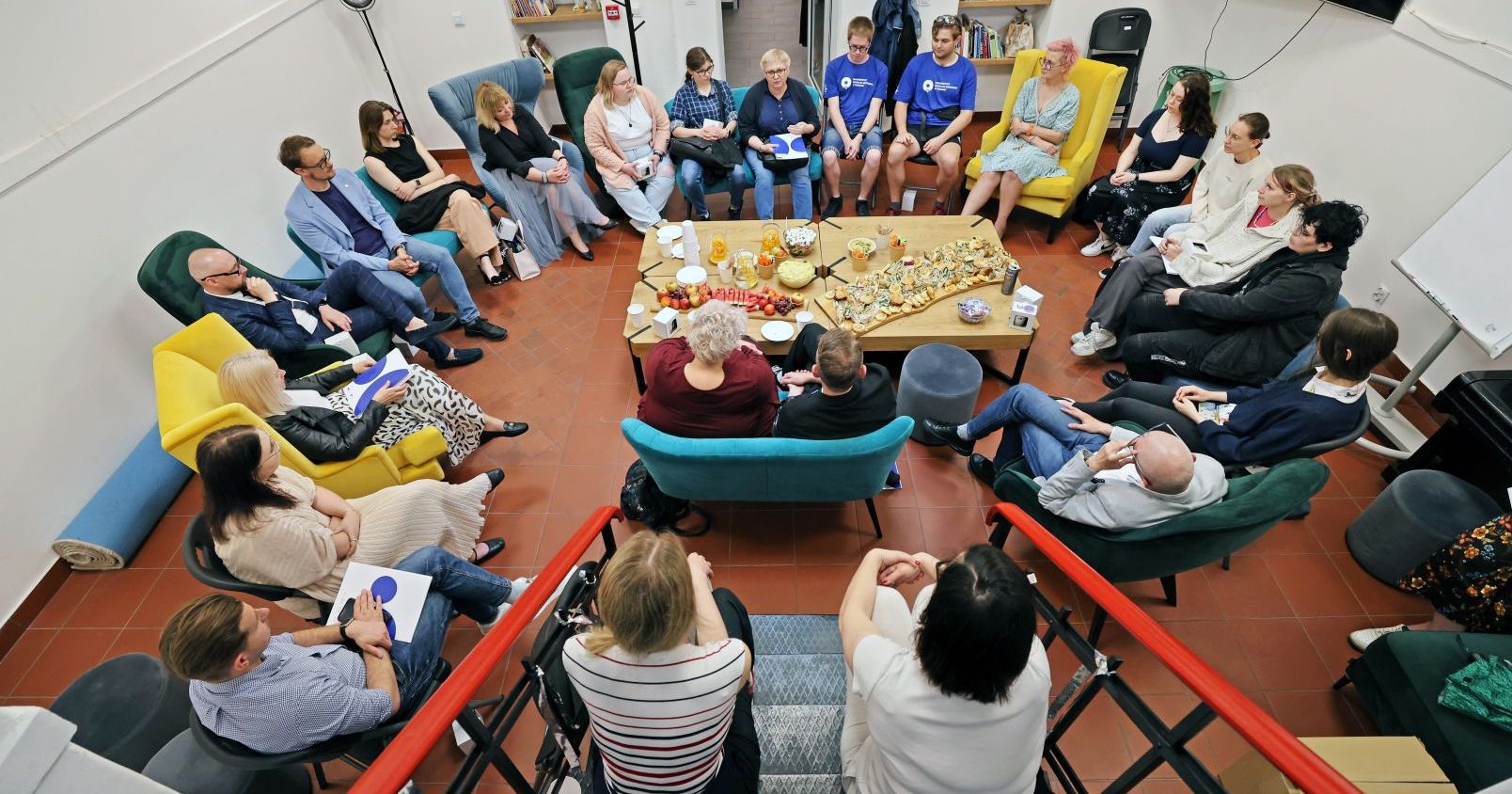Toruń Barometer will measure residents' satisfaction
The first survey of Toruń residents' satisfaction, 'Barometr Toruński' (Toruń Barometer), will begin in the latter half of August. A team of researchers from the NCU Institute of Sociology and the NCU Transdisciplinary Centre for Action Research is responsible for conducting the survey: dr habil. Wojciech Goszczyński, NCU Prof, mgr Joanna Suchomska, and mgr Joanna Stankowska.
The survey will be conducted on a representative sample of over 400 residents of Toruń.
We will use the division of the city into electoral districts, with the same number of people participating in the Barometer in each district,' says mgr Joanna Suchomska. – In order to reach different locations and cover as much geographical space as possible, several so-called starting points, i.e. specific addresses from which interviewers will visit residents, will be randomly selected in each district. We will also monitor the gender and age of the respondents so that the sample is as close as possible to the population of our city.
The survey will take the form of a direct questionnaire interview with adult residents of Toruń, conducted in their homes. The approximately 40-minute interview will consist of questions concerning eight areas of the city's functioning: roads and transport; public transport; space; sport; culture and leisure; communication with residents and engagement; city development; and more general questions related to the perception of Toruń. Residents will answer a total of 52 questions.

Andrzej Romański
This will be one of the few studies of its kind conducted in Poland. Importantly, it will be cyclical in nature – the survey will be repeated every year. Such projects are carried out regularly in Warsaw and Kraków. Poznań and Łódź also have experience with this type of research.
In the Toruń Barometer, we placed great emphasis on developing a research tool in close cooperation with officials from municipal departments and units," says mgr Joanna Suchomska. “This allows us to capture the issues and matters over which the city has real influence. Usually, research companies collect general requirements for their studies and then consult on the finished tool. As a team, we were heavily involved in direct meetings with officials in order to fully understand the areas under study and ask the right questions. Similarly, we plan to ensure that the results are communicated effectively. We want them to be well understood by city departments and units, which will translate into accurate decisions and the involvement of officials in their implementation.
The first results of the Barometer will be available in September. However, these will be general summaries for internal communication with the city council only. A full report with in-depth analyses will have been completed by the end of the year.
The results will provide Toruń decision-makers and city officials with answers as to how residents assess the implementation of city policies: public transport, getting around the city, cleanliness, leisure opportunities, the quality of the urban environment and information campaigns. In subsequent steps, they will support decisions on which activities to change, in which areas and how..
Our role as researchers is to ensure that the results are interpreted accurately and reliably," emphasises mgr Joanna Suchomska. – Indicating which areas are rated better by residents and which are rated worse, and what the reasons for this might be. Our recommendations may concern indications for further diagnosis or the need for further verification of certain areas. However, we will not use these results to recommend that the city should suspend or intensify any activities. These are management decisions.
The study is being conducted thanks to a framework agreement between the City Council of Toruń and the Nicolaus Copernicus University in Toruń.
 NCU News
NCU News






 Campus life
Campus life
 Campus life
Campus life


 Campus life
Campus life